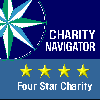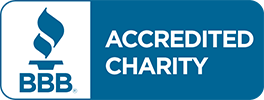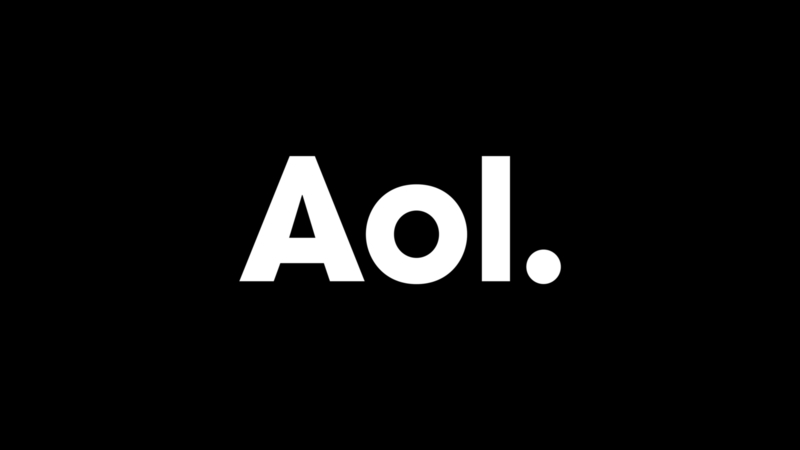

Let's make a change
Let's make a change
my drug of choice was Coricidin HBP Cough and Cold tablets, and the
generic brand of the product, for 6 years. As a recovering addict, I am
trying to make a difference and make the general public aware of the
dangers of this over-the -counter
medication, and other cough and cold
medications. When taking these medications in the recommended dosage,
dextromethorphan is a safe and effective cough suppressant. But when
used in large doses it produces a chemical imbalance in the brain that
allows people to get high. My target population are youth and
especially their parents. It is my feeling that they need to know the
harmful effects of this medication and when used in large doses it can
be highly addictive and extremely dangerous.
When I was addicted to Coricidin HBP Cough and Cold tablets it proved
to be one of the hardest drugs to stop using. I began experimenting
with a variety of different drugs and I was never able to achieve the
same effect and high. For me, and others like me the feeling it
provided was unique and one of a kind, it is easy accessible. This
product is commonly abused by the youth all over the U.S.A.
The main reason I am writing you is to provide a first hand point of
view concerning medications that can be bought easily at any drug store
or grocery store, some of which are open 24/7. Additionally, many
addicts do not have money and are not afraid to steal these
over-the-counter medications off the shelf-even with the product
sensors stores place on the medication to prevent them from being
stolen. Availability is never a problem but easy access can be. I want
to point out, there are many dangers to people who abuse over-the
??counter medications, many of which are youths. When I was abusing
Coricidin HBP Cough and Cold tablets and the generic brand product, I
experienced a lot of dangerous effects while being high on the
medication. I experienced impaired judgment, loss of coordination,
dizziness, nausea, hot flashes, hallucinations, and delusions. Not only
did I cause destruction to myself and to others, but I have also
overdosed and ended up in a coma. When I finally did get sober I was
still experiencing negative effects from abusing these products; I
experienced drug induced psychosis for the first five months; I was
hearing voices, hallucinating, delusions, paranoia, racing thoughts,
trouble concentrating and memory problems. After the initial five
months the symptoms started to decrease and by the end of the 7th month
I was back to ??normal.?? I have never had anything like that happen to
me.
Looking back at all I went through and realizing how fortunate I have
been. I believe I can make a difference in the lives of others by
speaking up and telling my story to others. My experience has taught me
that if restrictions were in place on the sales of these medications,
many people could avoid what I experienced and the potential for abuse
would be greatly reduced. A lists of my suggestions include;
1.) Placing the medication behind the counter.
2.) Including a pamphlet when product is purchased, describing the
possible side effects, the possibility of misuse and the potential for
abuse.
3.) A warning should be placed on the medicine bottle and the
medicine package describing the negative effects of taking the medicine
in large quantities.
4.) Limit the number of boxes sold at a single sale.
5.) Consumers must be 18 or older to purchase these products.
I am interested in educating people about this seriously dangerous
issue, and I am dedicated to making a positive change that may save
lives and help other people resist the temptation to abuse these
over-the-counter medications. Hopefully we can work together to make a
difference!
This is some of?my story, of what happened from?abusing? OTC drugs and drugs.
My name is Melanie Sawyer and I am 22 years old. I am a recovering addict who was addicted for 8 years. I have not made the best choices in life, but that doesn't mean that I am a bad person, we are only human, and we all make mistakes. Because of the poor choices I made while being in active addiction, I lead myself down the wrong path of thinking and doing things.? In my state of mind I did not think I was doing anything wrong, and I thought nothing bad could happen. I was far beyond the point of thinking ??normal?? through my addiction. I had never been arrested before, but thankfully on 4-15-2011 my luck ran out, and I was incarcerated for my first time.
When I first came into the jail, I was literally losing my mind. I was hearing voices, hallucinating, delusional, paranoid, memory problems, and racing thoughts. I was also diagnosed for the first time to have substance induced psychosis. The worst feeling for me was being trapped in my cell, and mentally and physically not being able to have control over my mind and body. I never thought I would be back to ??normal?? and had no idea what was going on. After the initial five months the symptoms started to decrease, and by the end of the 7th month, I was back to ??normal.?? I have never had anything like that happen to me. My first couple of weeks incarcerated was hard for me to deal with because I was not in my right state of mind. Things started to turn around for me after I went to court a few times, and they found me to be incompetent to stand trial. When they found out that I was incompetent, the courts order me to Spring Grove Hospital to be examined. After I was sent to the hospital to be examined and learn what Not Criminally Responsible meant, the doctors felt that I was aware of my situation and competent to stand trial. After they made the decision to arrange another court date, I was then sent to court a few weeks later, and took the plea of Not Criminally Responsible. I was then ordered to be sent back to Spring Grove Hospital, and remain there until they found a Residential Rehabilitation Program. After about four months of waiting, I was then accepted and placed into the Alliance Inc. Residential Rehabilitation Program.
I came a long way from what I use to be. I have accomplished many positive things in my life in the past, but I would have been more successful if I had not been using. But I am not mad at where my addiction and mental illness has brought me because I have learned a lot and will be able to tell my story and help others. I am not saying that it is a good thing to break the law and get into trouble, but for me it changed my life for the better and has given me so many positive opportunities. Today I have a lot of positive things going on in my life, not only that, but I would have never learned or known about the NCR plea or a Residential Rehabilitation Program, which has changed my life for the better.
Today I am sober, happy, clear minded, haven??t been on medication in seven months and feel mentally and physically better than ever.? Looking back at all I have been through and realizing how fortunate I have been, I can truly say that my curse has finally turned into a blessing. Sometimes when you are in active addiction or have a mental illness, you forget the most important things in life that mean something to you, including who you are as a person. Sometimes our minds get so clouded that we forget we need help and we need to be reminded of what our priorities are for ourselves to help get us back on track. But just because we have a mental illness does not mean we are different from the average person. I look at it as we just learn a little different and at our own pace, but it does not mean that we cannot become successful. How can we move forward if we cannot expunge NCR off of our records?? Not everyone wants to live off of SSI and SSDI for the rest of their lives, and for me, I will never be able to get it because I do not have a long history with mental illness. I have applied for SSI, but I am not going to be applying for it anymore, because I am going to be going back to college and working hard for the career that I would like to go for. I want to work a full time career instead of a part time job, I want to be successful, independent, and be able to support myself with a career that will allow me to do that.
How can people that have similar stories like mine move forward in life and go back to school/college, get into a continuing education program or a trade school, find satisfying employment and a decent place to live if we have a non-expungeable NCR mark on our records? Why do we have to be categorized, work just as hard as the average person, but not be able to get a job because of the stigma associated with an NCR plea? I just believe we should all take some time and think, hear, see and read all of the positive things that can come out of having Not Criminally Responsible expunged from off our records. We are all separate but equal, in our own unique way. A mental defect is only a word, let our actions speak louder!
melanie.sawyer@aol.com
Partners for Hope raise critical funds on behalf Partnership to End Addiction – the nation’s leading organization dedicated to addiction prevention, treatment and recovery. Every dollar raised on behalf of the Partnership* will help ensure free, personalized family support resources, including our national helpline, peer-to-peer parent coaching, customized online tools and community education programs, can reach those who need them most. Please consider donating to this fundraiser and sharing this page.
*Donations made to Partnership to End Addiction are tax deductible to the extent allowed by law. All contributions are fully tax-deductible, as no goods or services are provided in consideration in whole, or in part, of any contribution to this nonprofit organization. EIN: 52-1736502










Guest Book